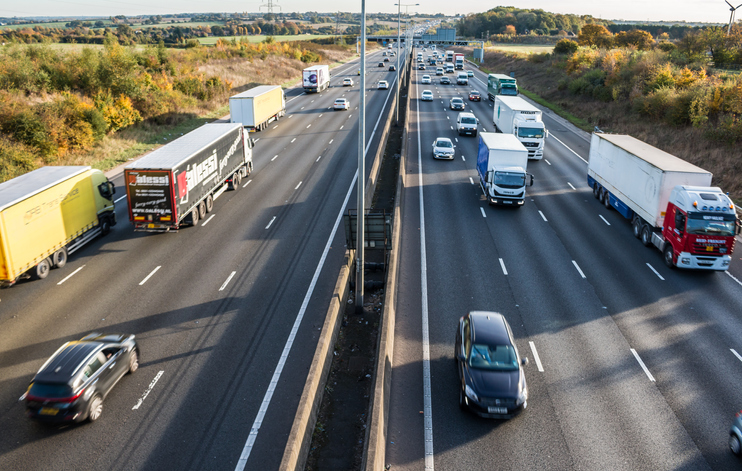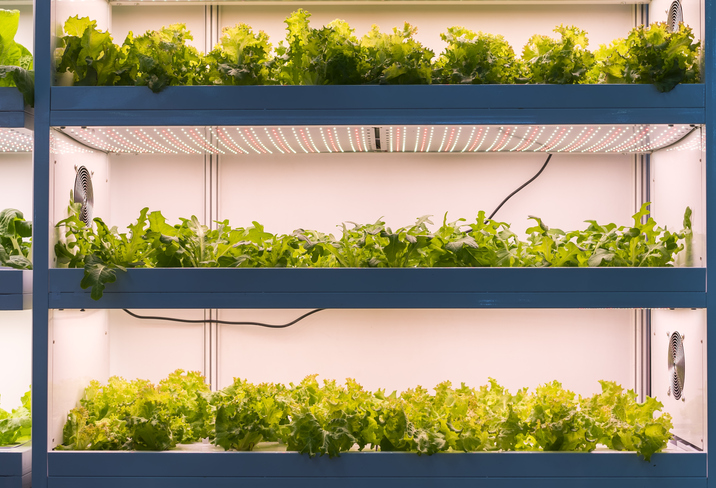Smart Cities: a vision of the future?
Category: Uncategorized
It’s easy to feel disappointed when comparing reality to how old sci-fi movies and books depicted futuristic cities in the distant year of 2019. You are not taking your flying car to work, and you don’t even use a jetpack to go grocery shopping. There are, however, lots of interesting technologies that will shape our cities in the next few years. In this post, we’ve taken a closer look at two of the sectors that may make you feel like you’re living in the future.
Digitalisation in the UK's automotive industry
With 126 companies receiving innovation grants since 2015, there is a lot of R&D going on in the UK automotive industry, and there are some truly interesting things coming out of it. Just last week, AppyParking – the kerbside management and mobility technology firm, carried out a £7.6m Seed stage equity round. The fundraising was led by West Hill Capital with participation from previous investors Aviva Ventures and Breed Reply. The round also included new strategic investment from Hyundai Motor Corporation and Sumitomo Corporation. AppyParking is focusing on the need to create a digital infrastructure of all kerbside restrictions and prepare cities for one of the most disruptive technologies in the automotive industry’s history – the rise of autonomous vehicles.

Driving innovation with autonomous vehicles
Few technological advancements scream sci-fi as much autonomous vehicles. It is still a young sector, but Beauhurst is currently tracking 17 UK companies that are in the Seed or Venture stage and are manufacturing, developing software for, or racing with autonomous vehicles. The company that has raised the most money is Roborace, which has secured just over £70m in equity funding since 2016. Roborace runs the world’s first racing series for driverless electric cars and is already partnering with big names such as Nvidia, Michelin, and ARRIVAL – another Beauhurst tracked company.
With experience from Tesla and Audi to Apple and Airbnb, the team at ARRIVAL is designing and manufacturing smart, electric vans. The company has raised a total of £127m in equity fundraisings and secured £13.1m in their latest round in April 2019. Oxbotica is another company which recently raised money in this sector, securing £12.5m at the beginning of July. Oxbotica has raised £26.5m in total and received just short of £10m in grants. Founded in 2014 by two Oxford professors, Oxbotica is an Oxford University spin-out developing software designed to power driverless vehicles.

The rise of urban farming
Urban farming is the practice of cultivating, processing and distributing food in urban areas, of which there are many potential benefits. Producing food closer to where it is consumed not only cuts down on pollution from transportation, it can also improve the quality of the urban area by increasing green space, thus reducing pollution. And by cutting transportation costs, storage costs and product loss, cost reduction can occur at every stage in the supply chain.
One of the main problems when it comes to farming in larger cities is a lack of space. Enter vertical gardening. Following the same logic of why we are building taller and taller buildings, entrepreneurs are producing food in vertically stacked layers to save space at street-level. Having secured £1.24m in equity fundraisings and £320k in grants since its inception in 2013, GrowUp Urban Farms builds and operates vertical farms in UK cities. From 2015 to 2017, Growup operated “Unit 84” inside an industrial warehouse in Beckton with the capacity to produce more than 20,000kg of salads and herbs and 4,000kg of fish each year. They are now applying their expertise and knowledge gained from running the farm to design and develop a much larger farm system which could be replicated across the rest of the world.

Intelligent Growth Solutions, on the other hand, is not operating its own farms. Instead, they’re developing technology that optimizes conditions within existing farms. Founded in 2013, Intelligent Growth Solutions has raised a total of £10.3m, carrying out a £5.4m fundraising round in June 2019. The round was led by S2G Ventures and was joined by AG Funder and the Scottish Investment Bank.
Another clever way of saving space is to use a redundant underground air-raid shelter like Zero Carbon Food (also known as Growing Underground). Below the streets of London, they are operating the world’s first underground farm and their produce can be found in several major supermarkets. They received a £402k grant from Innovate UK at the end of 2018 and have raised £1.45m in equity funding.
With technological advancements making cars drive themselves and food to be produced in towers or underground, it’s going to be interesting to see how these sectors develop and the impact that they will have on our cities.